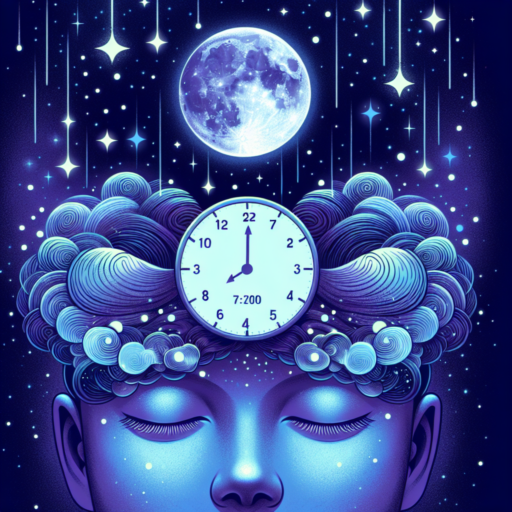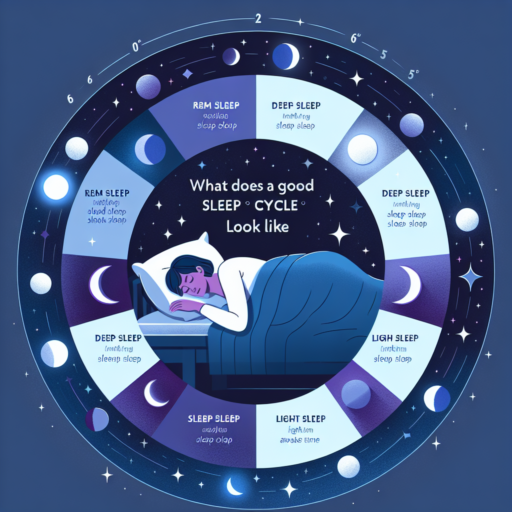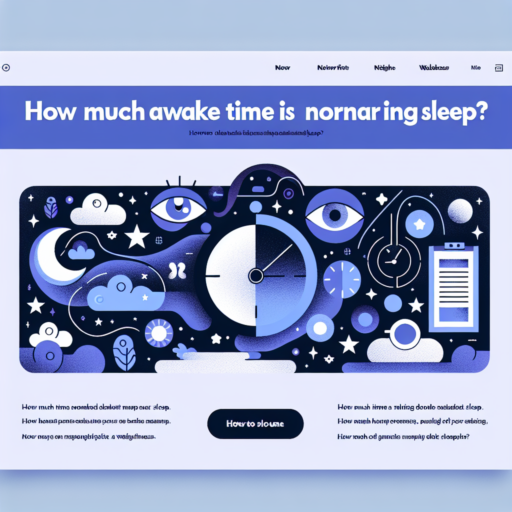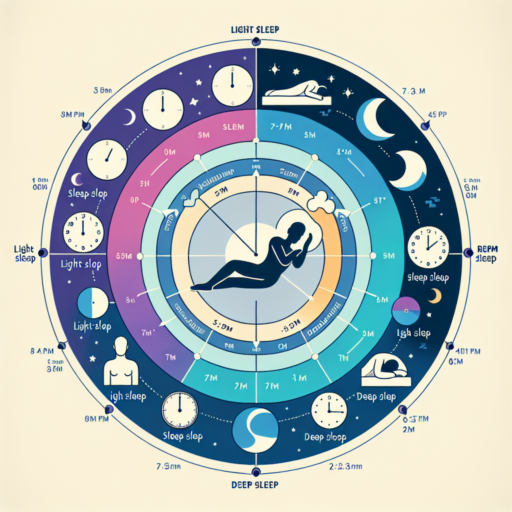Which is better, REM or deep sleep?
Understanding the nuances between REM (Rapid Eye Movement) sleep and deep sleep is crucial for deciphering which stage might be ‘better’ depending on what criteria you’re considering. During the night, our bodies cycle through different stages of sleep, each playing a vital role in our overall health and well-being. The debate around REM vs. deep sleep often centers on their unique benefits and how they contribute to our physical and mental recovery.
Benefits of REM Sleep
REM sleep is most commonly associated with the process of dreaming. It’s a phase where the brain is almost as active as when you’re awake, making it essential for cognitive functions such as memory consolidation, learning, and emotional regulation. During REM, the brain processes information and experiences from the day, which helps in problem-solving and creativity. This stage of sleep is also thought to support neuronal health and psychological well-being.
Advantages of Deep Sleep
Deep sleep, or slow-wave sleep, is the most restorative stage of sleep. It is during this phase that the body repairs tissues, builds bone and muscle, and strengthens the immune system. The release of growth hormones during deep sleep underscores its importance in physical recovery and health. Additionally, deep sleep helps to refresh the mind, improving concentration, and preparing the brain for new information the following day. This stage is when the brain gets a chance to rejuvenate, reducing the likelihood of mood swings and anxiety.
The comparison between REM and deep sleep isn’t about determining a winner, as both stages serve fundamental and divergent functions that are crucial for maintaining a balanced state of health. Highlighting the importance of a complete sleep cycle that includes ample amounts of both REM and deep sleep might be the key to understanding how these stages work together to support overall physical and mental well-being.
What is a healthy REM per night?
Understanding the role of Rapid Eye Movement (REM) sleep is crucial when discussing sleep health. REM sleep, characterized by rapid movement of the eyes, is a critical phase of the sleep cycle that supports several key functions, including memory consolidation and mood regulation. But what constitutes a healthy amount of REM per night?
Experts suggest that a healthy amount of REM sleep for adults is between 20% and 25% of their total sleep time. To put it into perspective, given an average nightly sleep duration of 7 to 9 hours for adults, approximately 1.5 to 2.25 hours should be spent in REM sleep. It’s during this stage that the brain processes and consolidates information from the day, aiding in learning and memory.
It’s important to note that the distribution of REM sleep may vary throughout the night, with longer, more intense REM periods occurring towards the morning. This variance highlights the importance of not only achieving sufficient sleep duration but also maintaining a consistent sleep schedule to support healthy sleep cycles. Identifying and reducing disturbances that might interrupt these cycles, such as stress or environmental noise, can further enhance the quality of REM sleep achieved each night.
Is 3 hours of REM sleep too much?
Understanding the nature and importance of REM (Rapid Eye Movement) sleep is essential when evaluating its duration within our sleep cycles. Professionals in sleep health suggest that REM sleep encompasses about 20-25% of an adult’s sleep cycle. This equates to around 90-120 minutes of REM sleep for a typical 7-8 hours of nightly rest. Therefore, the question arises: is 3 hours of REM sleep too much?
In the context of a standard sleep cycle, experiencing 3 hours of REM sleep might seem excessive. It’s important to consider the individual variability in sleep needs and patterns, which can be influenced by factors such as age, lifestyle, and overall health. Remarkably, periods of increased mental activity or stress can lead to a higher demand for REM sleep, as this stage is crucial for emotional regulation and memory processing.
However, consistently having 3 hours or more of REM sleep could also indicate an imbalance in sleep architecture. Excessive REM sleep may disrupt the natural cycle of sleep stages, potentially leading to less time in deep, restorative sleep stages. This imbalance can affect daytime functioning, mood, and even physical health. Consulting with a sleep specialist can provide insights and guidance if an individual consistently experiences prolonged periods of REM sleep.
No se han encontrado productos.
How many hours a night should you be in REM sleep?
Understanding the importance of REM (Rapid Eye Movement) sleep is crucial in recognizing its impact on your overall sleep quality and health. This sleep phase is paramount for cognitive functions such as memory, learning, and emotional regulation. However, when it comes to pinpointing the exact number of hours one should spend in REM sleep each night, the answer requires a nuanced approach.
Generally, adults experience REM sleep in cycles that occur approximately every 90 minutes throughout the night, with the duration of each REM period increasing as the night progresses. It is estimated that 20-25% of an adult’s sleep cycle is spent in REM sleep. Consequently, if you sleep an average of 8 hours per night, aiming for roughly 1.5 to 2 hours in REM is seen as ideal by sleep experts.
Factors like age, sleep quality, and individual health conditions can significantly influence the amount of REM sleep you need. For instance, newborns and infants require much higher proportions of REM sleep for brain development, highlighting the variability across different life stages. Addressing any underlying sleep disorders or optimizing your sleep environment can also play a vital role in achieving the right balance of REM sleep.




